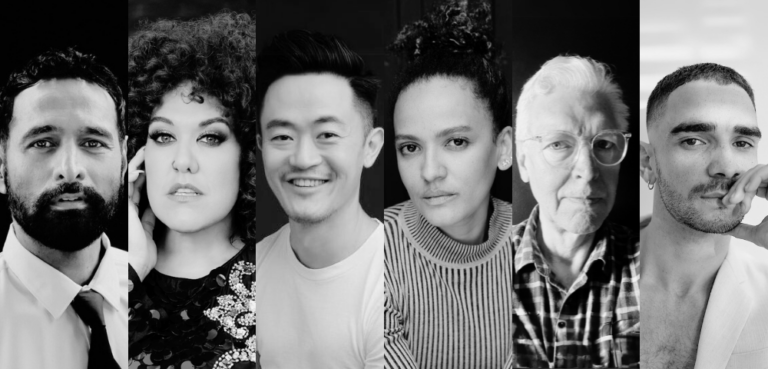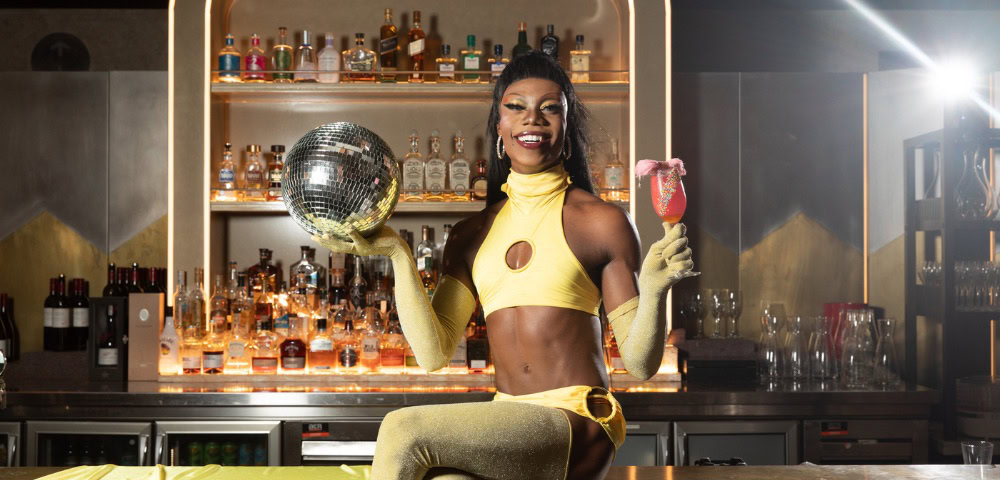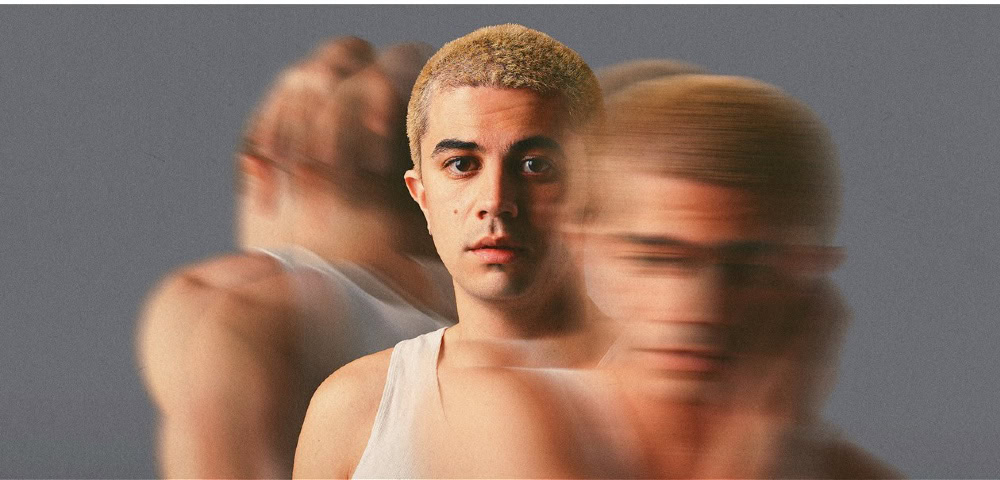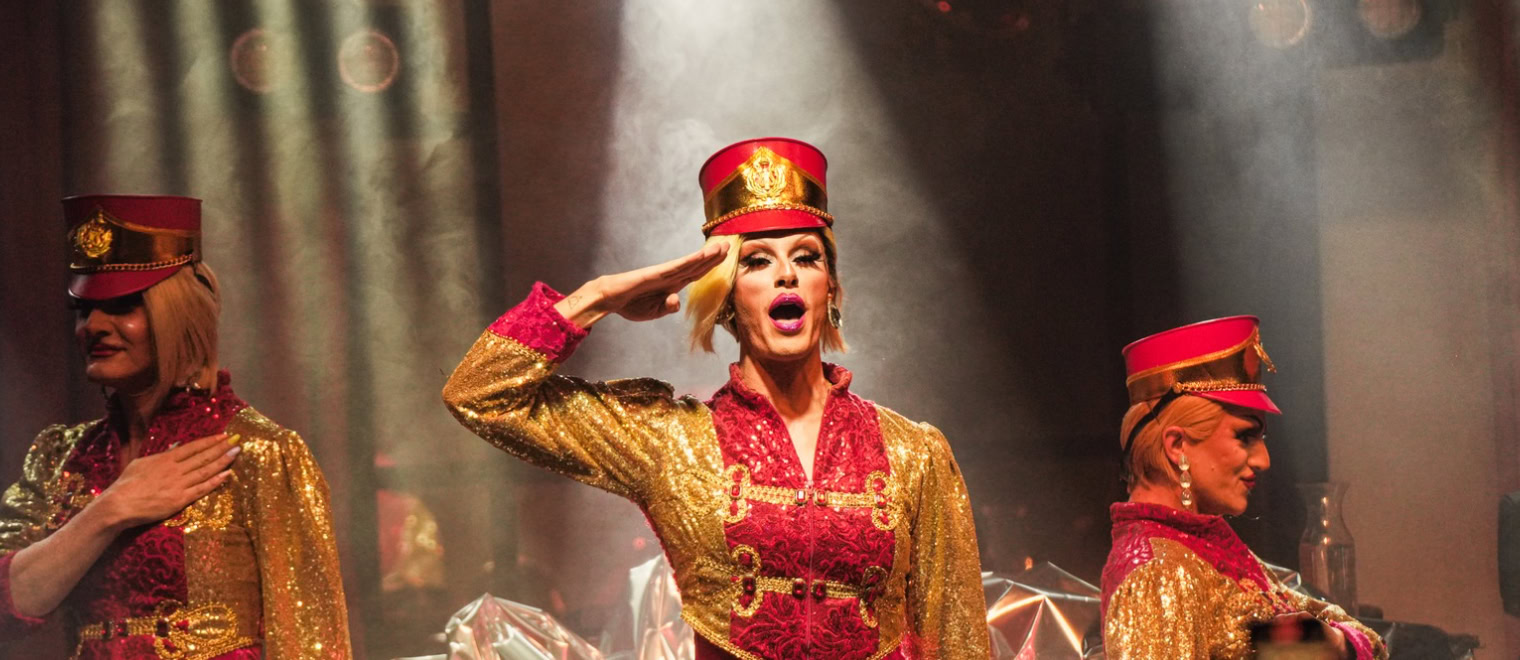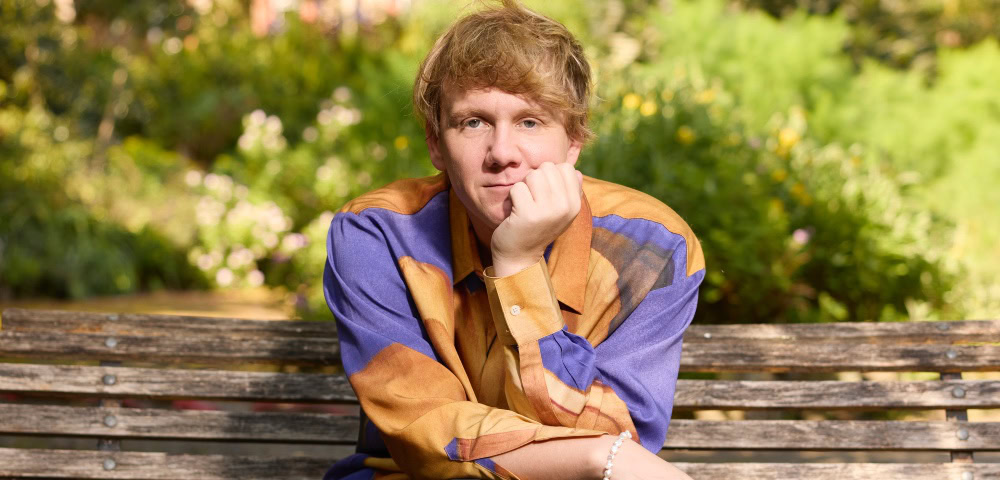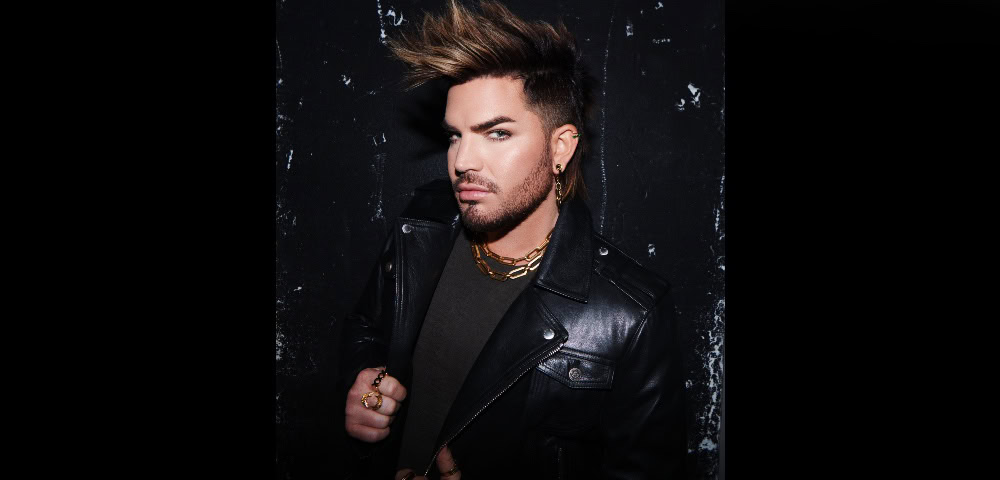
Eleutheria
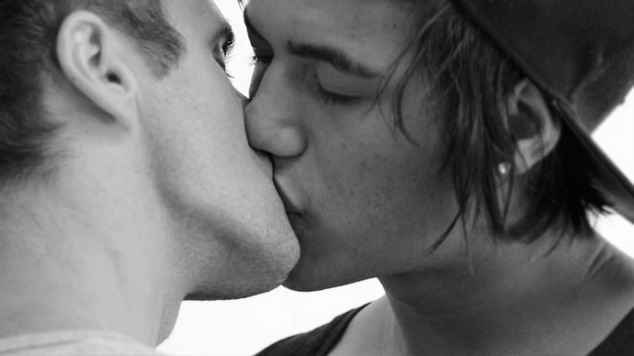
WHEN I was 17 I lost my virginity to a god, I think. It’s hard to be sure. We haven’t really talked since, which I understand is the done thing, god-wise, but I’ve seen him around once or twice. Brisbane’s like that. Lovers and adversaries never really leave. They drift in the background of photos and crowds, occasionally surfacing without warning: familiar shapes in strange currents.
We met in summer, at an Australia Day rally. I had only just arrived when I saw this god, way up the back of the crowd, parking his bike by the Queer Solidarity banner. He was tall and impossibly tanned. I had never seen such a golden person; every surface shone. His bare shoulders were burnished by the sun to a rich brass. In Homer’s Iliad, the sky isn’t described as “blue”. It’s always “brazen” or else “bronze”, a description I had never understood until I saw this man with his bike, shining like the sky. His name was Dion. That should have been my first warning. I went to a grammar school, after all. I’ve had a classical education.
I don’t remember any of the speeches, or even how we started talking. I remember leaning in close to hear Dion over the squeal of the megaphones, and smelling coconut oil and cigarettes. I remember feeling a kind of holy terror when his arm brushed mine. He was about a decade older than me, an activist, but the clean kind. When he invited me to a party that weekend, I agreed with a fervency that I think surprised both of us.
The Greek pantheon is characterised by caprice, mystery, and a predilection for seducing mortals.
The theme was nautical. With a striped top from my sister and tight white shorts, I was prepared. The party was behind two adjoining Queenslanders whose thickly-treed yards stretched all the way down to the riverbank. Dion met me out front. He wasn’t wearing a costume. I met his friends and he disappeared to find drinks — I chatted hesitantly with an agricultural scientist from Proserpine until Dion reappeared, pressing a cold beer to the back of my neck. It was sweet, home-brewed and plentiful. Before long we were dancing.
In many ways it was the archetypal West End party: fairy lights and tiki torches, good-natured shouting, dancing messy and close. Sexy. Bacchanalian, you might say. I was digging through the ice bags when Dion appeared, laughing, out of the press of bodies. In the glow of the fires and river lights, even his teeth looked golden. He slapped me on the back, paused, and then quickly kissed me. I tensed. Somewhere in my chest a tide was rising, and the bulwarks raised against it were beginning to buckle and crack. Then I kissed him back. When he led me away from the party, down to a grove by the river, when he laid me down, when his hands — bronze, steady — grasped my hips — white, shaking — I imagined the tide in my chest rushing up, bursting from my throat and eyes to join the deeper current that flowed darkly past, that had flowed and would flow for longer than I would ever live on this earth, flowing down through generations of nervous young men arching their backs, biting their lips, knowing themselves wholly for the first time.
We didn’t fuck. Because of that technicality, I’ve been told that I didn’t lose my virginity that night. If that’s true and penetration is what counts, then it would be another year until I crossed that border, drunk, with an employer who should have known better. That’s not the story I want to remember, though. Nor do I like to remember how that party in West End took on a grimmer tone: how we stumbled back to Dion’s house where he bundled me onto a tatty couch and told me that if I needed anything, he’d be just upstairs with his boyfriend. I lay awake until dawn, then crept home.
Generally speaking, myths aren’t true. They’re stories that tell us something true about ourselves. When I was 17 I had an ecstatic, epiphanic experience that birthed me as a sexual being. When I was 17 I was seduced by a dishonest older man. Both of these statements are true. To me, only one of them is useful. Is that wilful ignorance? Facts are important, sure, but so are creation stories, and sacred rivers, and auspicious, ineffable stars.
This story first appeared in the 2015 OutStanding Short Story Competition, and was a highly commended piece. The competition will return in 2016. For details, visit outstandingstories.net or become a fan on Facebook.
To read other short fiction pieces, click here.
__________________________________
**This article was first published in the April edition of the Star Observer, which is available now. Click here to find out where you can grab a copy in Melbourne, Sydney, Brisbane, Adelaide, Canberra and select regional/coastal areas.
Read the April edition of the Star Observer in digital format:
__________________________________



